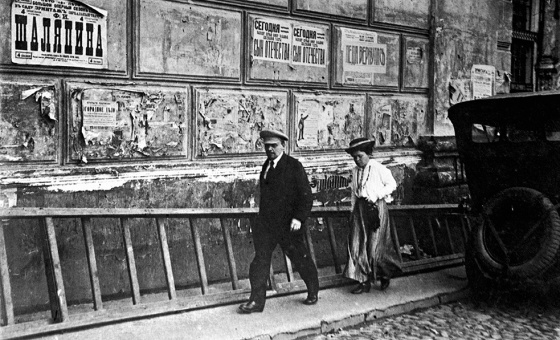This is the last article you can read this month
You can read more article this month
You can read more articles this month
Sorry your limit is up for this month
Reset on:
Please help support the Morning Star by subscribing here
PRIVATISATION of the public sector has a heavy human cost. Myths about “good” privatisation or “socially useful” contracting are not borne out by the real experiences of workers or those using services.
Privatisation means that even the water isn’t safe to drink in certain parts of this country. Thames Water, a company that turned over a cool profit of £2 billion last year, is now lobbying government to increase household water bills by 40 per cent.
Decades of cuts and privatisation have thrown the NHS into crisis. Wherever the private sector is allowed to get a foothold, whether it’s the NHS, councils, schools, waste collection or public utilities, we the public and the workers suffer detriment.
Who would ever have thought, even 15 years ago, that it would be so difficult to get an appointment with a GP or to get treatment on the NHS?
Contrast this situation with the NHS of the 1990s to 2000s where everybody was treated appropriately, adequately and safely. Patients were admitted to bed within four to six hours and there was no “corridor care” or people being looked after in the backs of ambulances for hours.
When the NHS was functioning, both patients and staff were fed the lie that it was inefficient and it had to be modernised and parts tendered out to the private sector.
Ancillary services like cleaning were outsourced, leading the a deterioration in standards and the rise of the hospital “superbugs.” Cuts in the form of service restructures started to take off, particularly after the 2008 financial crash. Lean methods came into being where every staff member was told to do more with less as vacancies were either downgraded or unfilled.
In councils the concept of personalisation and personal budgets for care were sold as a good thing that would enhance “choice.” What this led to was council-run services being shut and service users not being able to afford the care they needed on the “personal budget.” And so neglect and abuse of the most vulnerable in society became more widespread and carers were overburdened and put at risk.
Outsourced workers suffer too, whether they work as cleaners in hospitals, as teaching assistants being farmed out to multi-academy trusts (MATs) or as waste collection drivers, loaders or street cleansers.
Transfer of undertakings and protection of employment (TUPE) allows private companies to take over the employment of NHS and council workers, break away from nationally agreed terms and conditions like the NHS Agenda for Change) or National Joint Council and impose lesser pay, terms and conditions.
The right to a decent sick-pay scheme, to be paid on time for hours worked, secure hours, holidays quickly become luxuries of the past. Even the basic right to a legible payslip or a payslip at all, the right to be treated in a fair and decent way all goes out the window in the rush to profit from the contract.
Pay and conditions become fragmented as two, three or even four contracts, all progressively worse than the last, become the norm. These Wild West working conditions and the wage theft that goes hand in hand with this are no joke for the workers or their trade union reps to navigate.
The NHS is now in a state of collapse as nurses and doctors emerge from training unable to secure jobs. There are shortages everywhere but little investment goes into filling vacancies to deliver safe and effective services.
Service delivery and workers rights’ have been utterly compromised on the altar of corporate greed. The increase in industrial action is a reflection of the mood of workers as they are fed up with being exploited and choose instead to join unions and fight back.
The ISS workers currently in dispute in Princess Royal Hospital, Kent, and ambulance transport care assistants of Epsom and St Helier NHS have taken strike action against wage theft. The strikers have decided to link up their industrial disputes with the junior doctors who will strike again from June 27 for five days.
These NHS staff understand that the necessity to link their disputes. Every striking worker is not just fighting for themselves but for the future of the services they deliver.
Our political demands must be clear and unequivocal too. The NHS and public services can deliver for the public but investment needs to go directly into the front line and not be siphoned off into private companies.
The cuts and privatisation that have run rife across the public sector must be ended for good. The privatisation that is destroying every publicly provided service in this country is not a solution to rescue failing services.
Public money must go directly into jobs, terms and conditions and the needs of the people must come before corporate profiteering.
Helen O’Connor is a GMB organiser writing in a personal capacity.











